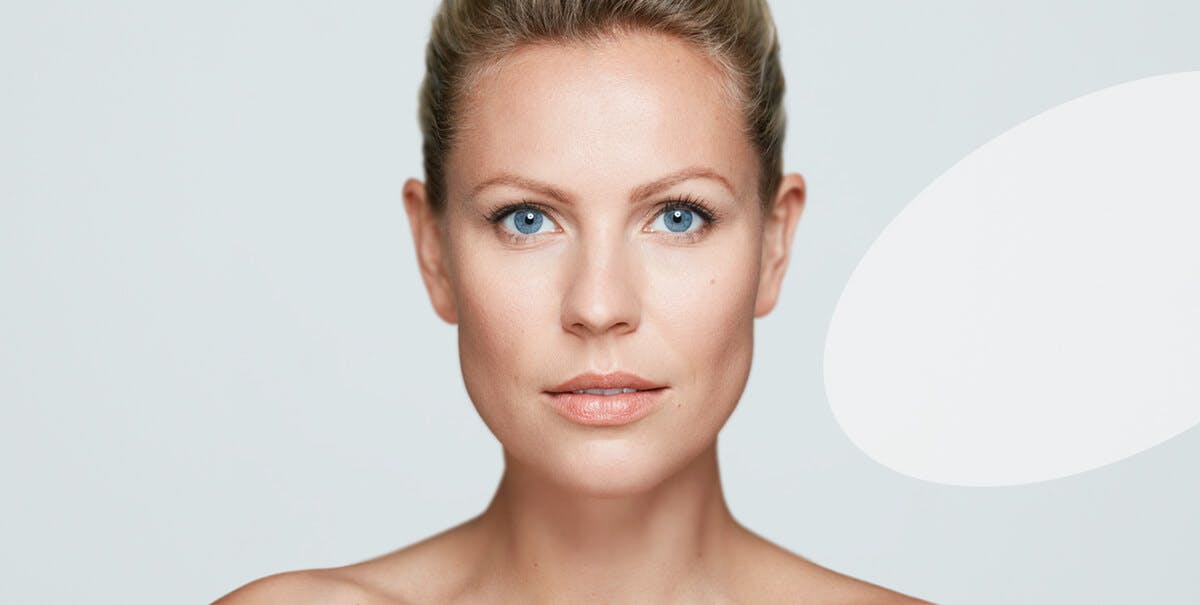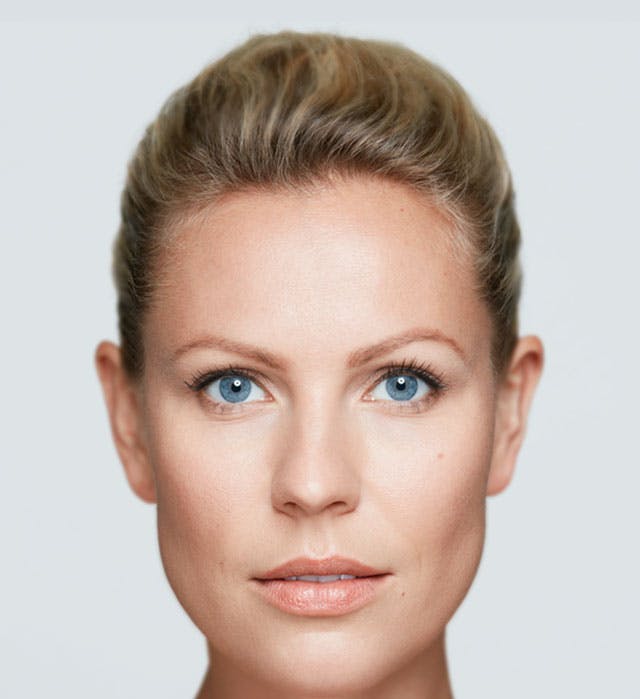What is a cold sore?
A cold sore is a fluid-filled blister (or a cluster of blisters) that usually appears on your lip or around your mouth. They can also affect your cheeks, nose and chin. The herpes simplex virus type 1 (HSV-1) causes most cold sores.

What causes cold sores?
Cold sores are caused by the herpes simplex virus type 1 (HSV-1). This virus is very common and highly contagious. It spreads through saliva or close contact — often through kissing or by sharing utensils, straws, towels or lip balm with someone who has a cold sore.
Most people with herpes have no symptoms or only mild symptoms. Many people aren’t aware they have the infection and can pass along the virus to others without knowing.
Herpes simplex virus lives inside of nerve cells and alternates between being inactive and active. Certain triggers can make the virus active including, illness or fever, sun exposure, menstrual period, injury and emotional stress.
What happens when I get a cold sore?
Whilst many people infected with the cold sore virus may have no symptoms, others may experience the following: painful, recurring blisters or ulcers.
New infections may cause fever, body aches and swollen lymph nodes. Symptoms may be different during the first episode (or ‘outbreak’) of infection than during a recurrent episode. If symptoms occur, they often begin with tingling, itching or burning near where the sores will appear. People can have repeated outbreaks over time (‘recurrences’). These are usually shorter and less severe than the first outbreak.




